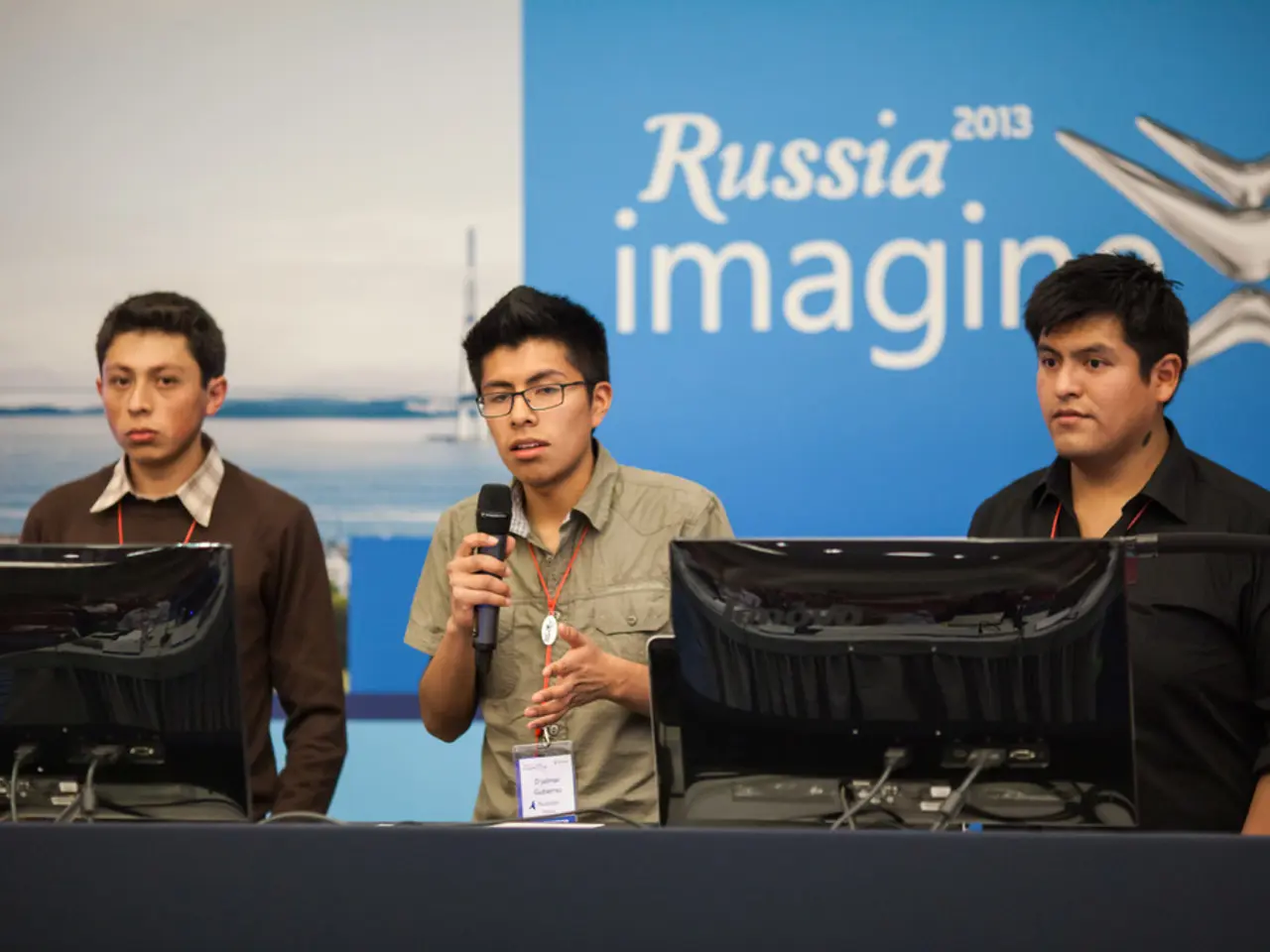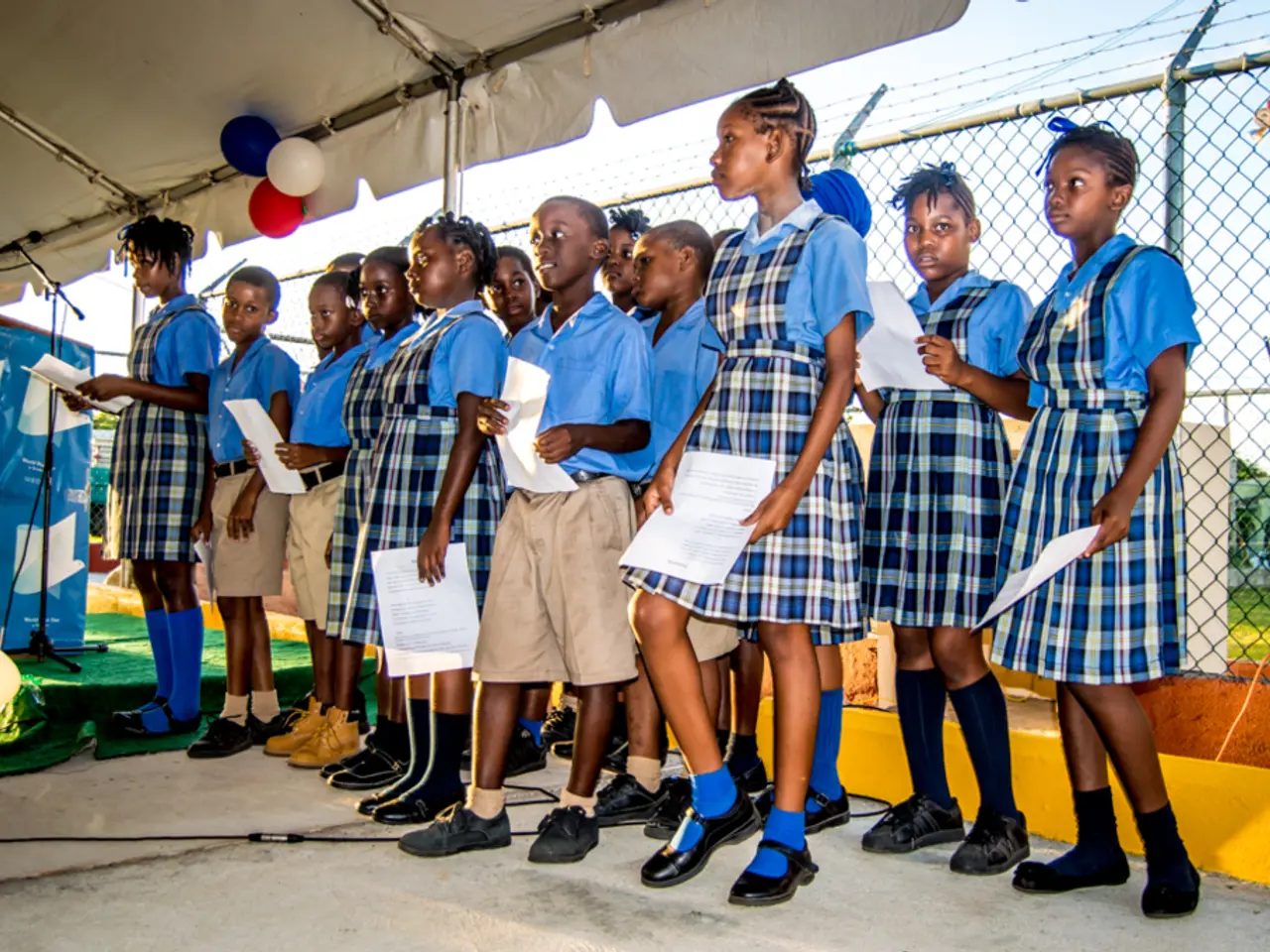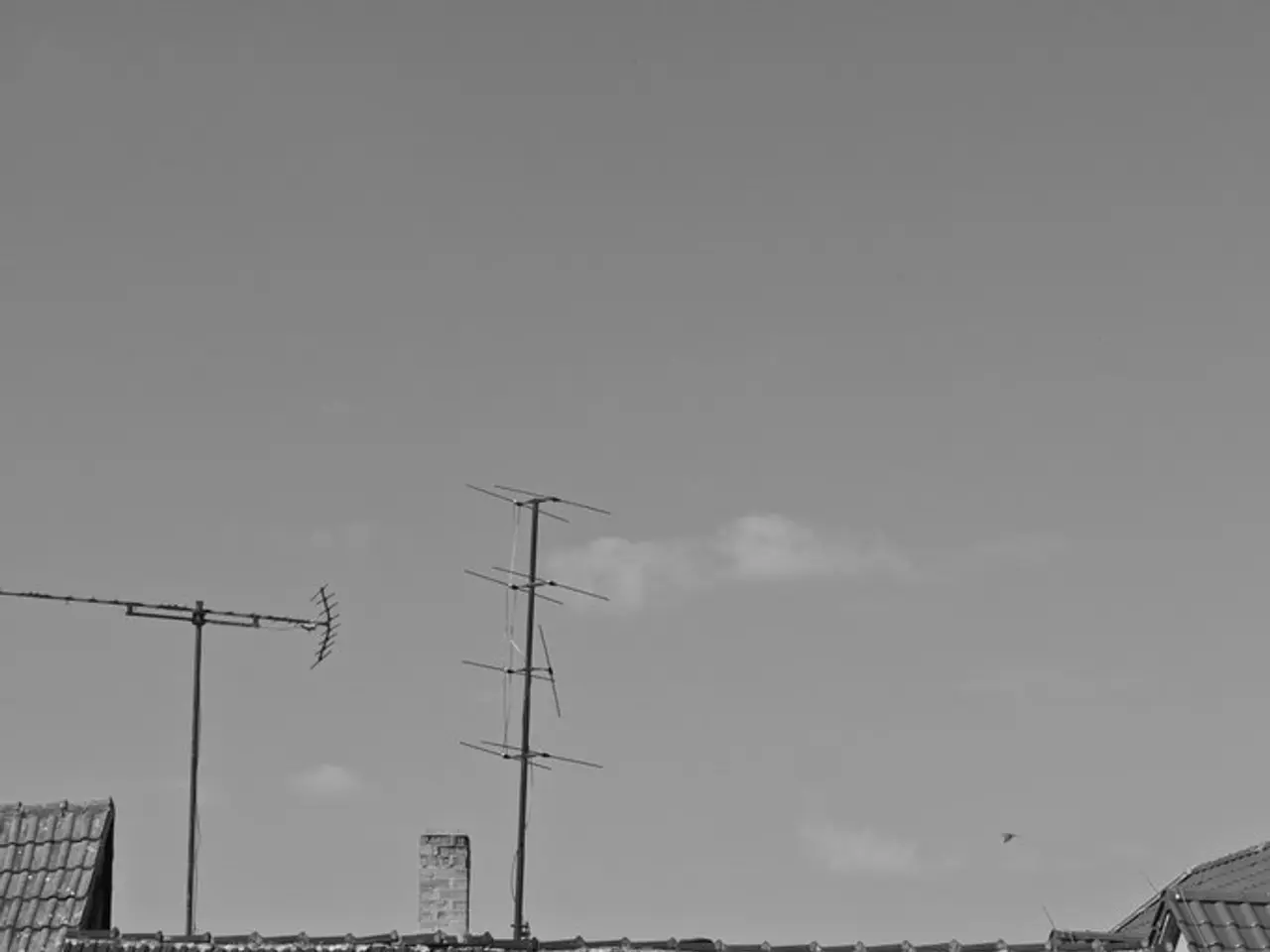Journalists working for Radio Free Europe in Latvia face an uncertain prospect amidst unspecified circumstances.
In the face of political tensions and actions by Russian authorities, Radio Free Europe/Radio Liberty (RFE/RL) has been significantly impacted. The organisation, which provides independent journalism to countries with limited press freedom, including countering Russian propaganda, has reached approximately 10 million people in Russia alone, according to Editor-in-chief Nicola Careem.
Operating as a critical voice broadcasting into Russia and surrounding regions, RFE/RL, based in Latvia, has been a thorn in Russia's side, viewed as a threat to its information control. While the direct impacts on RFE/RL's operations in Latvia are not exhaustively covered, it is well documented that Russia has taken measures to limit RFE/RL's reach within Russian borders and areas under Moscow’s influence.
Anchored by Russian nationals like Artyom Radygin, who co-anchors a weekday evening news show and fact-checks statements by the Kremlin, RFE/RL faces pushback from viewers who often adopt narratives of Russian propaganda. Radygin, despite missing his home and family, feels that the future of his country depends on people getting the truth.
The government of Russia has declared RFE an undesirable organization, and anyone caught sharing, commenting, or even liking RFE content faces fines or imprisonment. This silencing extends to territories it seeks to influence or subjugate, where independent voices face growing repression.
The European Union, the Netherlands, and Sweden have stepped in to help keep RFE afloat, countering disinformation efforts by Russian state media (RT, Sputnik) and contributing to the media landscape that RFE/RL operates within. However, geopolitical tensions likely complicate the station's work, especially due to Russia’s broader efforts to silence Western media influence.
RFE/RL's office in Moscow faced bankruptcy proceedings in 2022, which the outlet considered part of a years-long pressure campaign to silence independent reporting. Efforts to reduce wasteful spending by the Trump administration also put jobs at risk for RFE/RL employees, including Radygin and his colleagues in Riga.
Despite the challenges, RFE Russian service director Andrey Shary believes in RFE's resilience. With a tradition and tremendous experience of battling Kremlin propaganda for 70 years, RFE/RL continues to provide 24/7 television channels in Russian for audiences outside Russia, making it the only international media to do so.
In a non-English language conversation, Radygin and his colleague discuss the challenges they face, understanding that the future of their work, and potentially their country, depends on their commitment to truth and journalistic integrity. Svetlana Osipova, a reporter with the investigative unit Systema, also communicates with sources through VKontakte, a social media platform similar to Facebook, but fears that the FSB and Security Service can read her messages.
As the contest over information control amid heightened East-West tensions continues, RFE/RL remains a beacon of hope for those seeking truth and freedom of the press in regions where it is often limited or non-existent. RFE/RL's mission, which Careem calls "lifeline journalism," is more crucial than ever in the face of these challenges.
The government of Russia, viewing RFE/RL as a threat to its information control, has deemed RFE an undesirable organization and imposes penalties on individuals who share, comment, or like its content. In the face of mounting political tensions and Russian attempts to limit its reach, RFE/RL, providing 24/7 television channels in Russian for audiences outside Russia, continues its mission of independent journalism and battling Kremlin propaganda.






